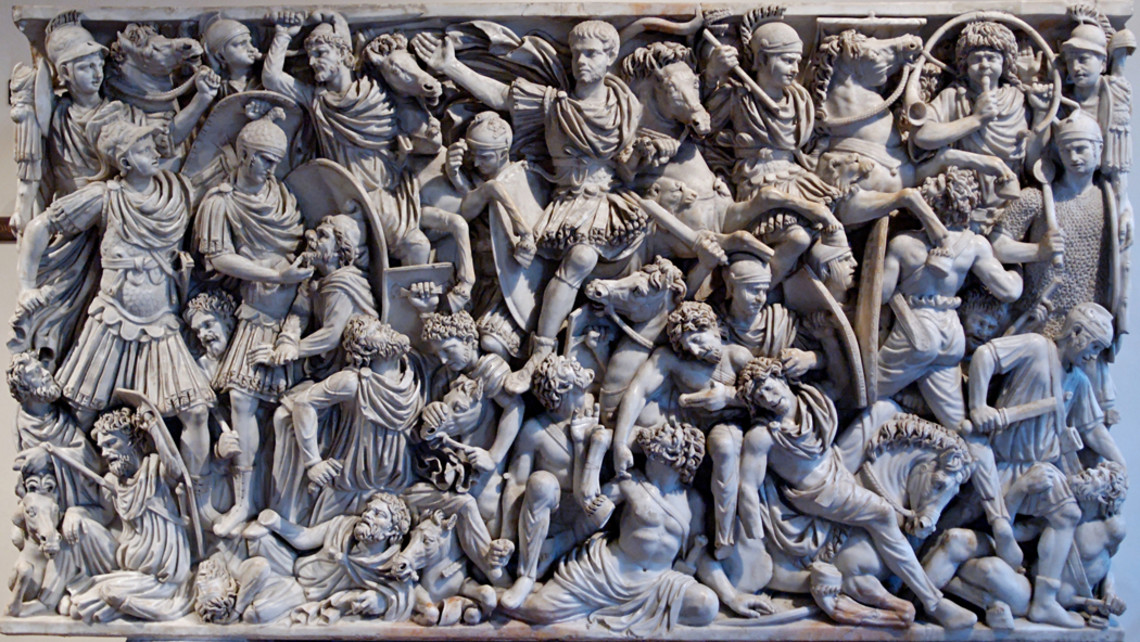
Effects of the fall on man
The need for promoting chivalry comes about due to the fall of man from original grace. Adam and Eve were created in communion with God and had access to original grace, which permitted them to act freely (without the burden of concupiscence) and to love selflessly. Their willful rebellion ruptured their relationship with God and this left them in a state of “dis-grace.” That is to say, they lost the grace every human being requires in order to act easily in accord with the way he was created. One result of this lost grace is that the relationship between men and women in particular, tends toward disharmony and this is very often (though not always) at the expense of women. We see this interpersonal disharmony described in the context of marriage, with its origin in the sex difference between men and women, identified in the Book of Genesis right after the fall. Speaking to Eve, God tells the now fallen couple: “…Your desire shall be for your husband, and he shall rule over you” (Gen 3:16).
St. John Paul II sees in this statement, a primordial struggle between spouses for power over each other because each of them abuse their gifts of each sex, though the abuse is manifested differently in each. This struggle for dominance poses great danger to the flourishing of the marriage and of the entire family. All too often, a fallen man will use his greater strength, rather than to serve his wife and family as intended by God, to serve his selfish desires at the expense of those he should be serving (though women can be guilty of this as well). St. John Paul finds this passage to say that the wife’s response will be to struggle for the same power she sees used against her, for the sake of not only protecting herself but also for dominating her husband. Interpersonal relations between the husband and wife, if left to our fallen inclinations, will degrade into a struggle of each spouse to possess and to control the other. Thus, what starts as disharmony escalates into the loss of trust in each other and the suspicion of each other's motivations. Distrust and suspicion escalate to conflict between spouses, and this conflict may ultimately destroy the relationship. The temptation to possess and control the other person is a life-long challenge and can only be overcome through self-mastery and a continually deepening, selfless love for one’s spouse.
Effects of the fall on society
Throughout the millennia of human history since the fall, the domination of the strong over the weak has been a consistent theme across cultures. While the Old Testament already teaches that this domination ought not be the way things are, it is not until the advent of Christianity that cultural mindsets and deeply ingrained behaviors slowly begin to change. As cultures are evangelized and begin to slowly assimilate Gospel values (for example, values given in the following passages: “…it is more blessed to give than to receive [Acts 20:35],” the parable of the good Samaritan [Lk 15:11-31], and “so whatever you wish that men would do to you, do so to them…”[Mt 7:12]), pre-Christian severity and cruelty slowly begin to give way to Christian ways of life. However, the collapse of Christendom’s political unity into Feudalism in the wake of the demise of the Carolingian age, saw Europe slide back toward the dominant pre-Christian cruelty from which it was just beginning to emerge. The Church’s response was to introduce into Germanic tribal customs, a Christian ethos in what has come to be known as chivalry.




